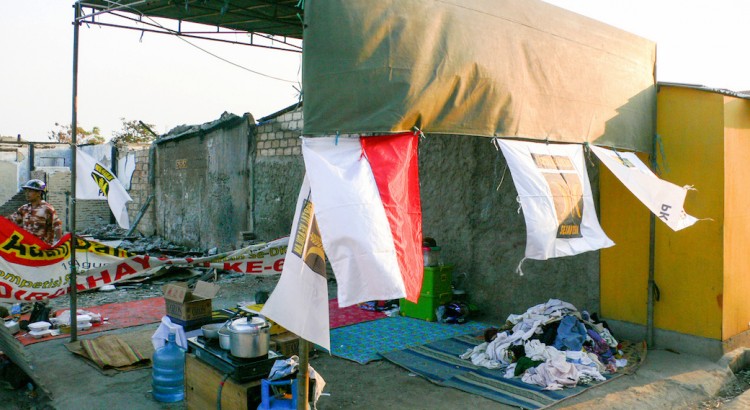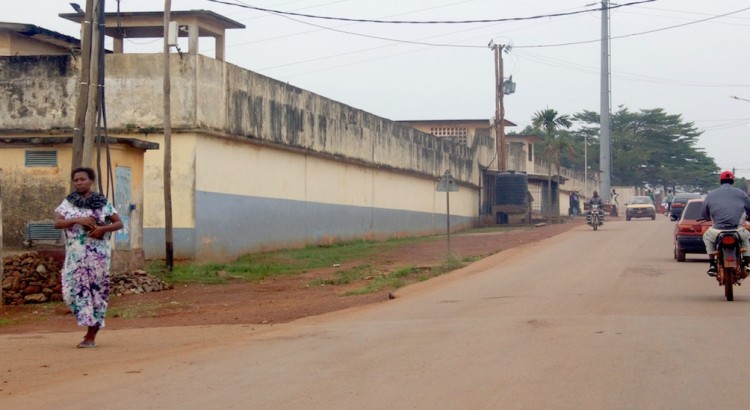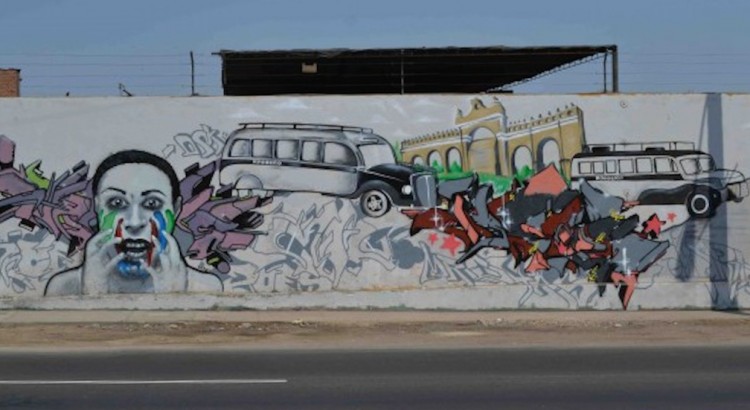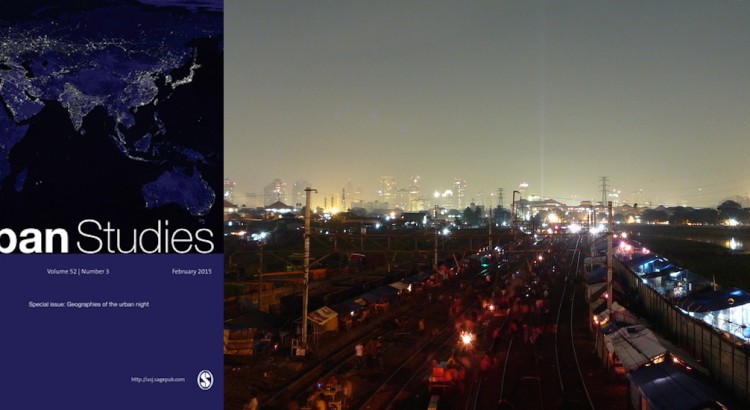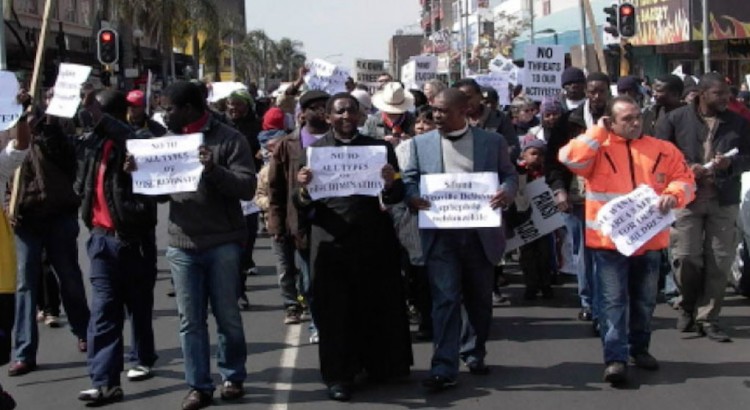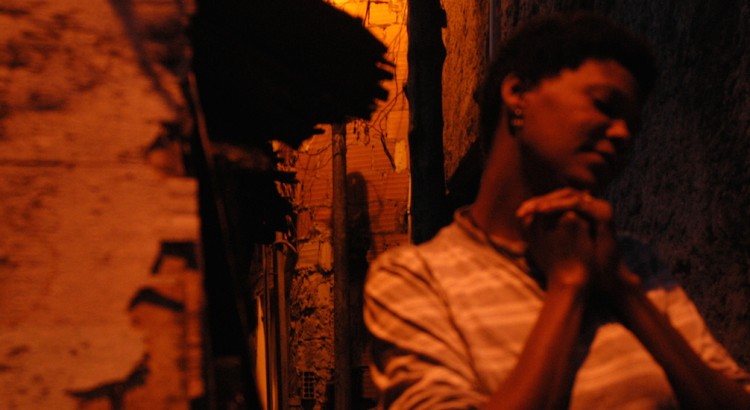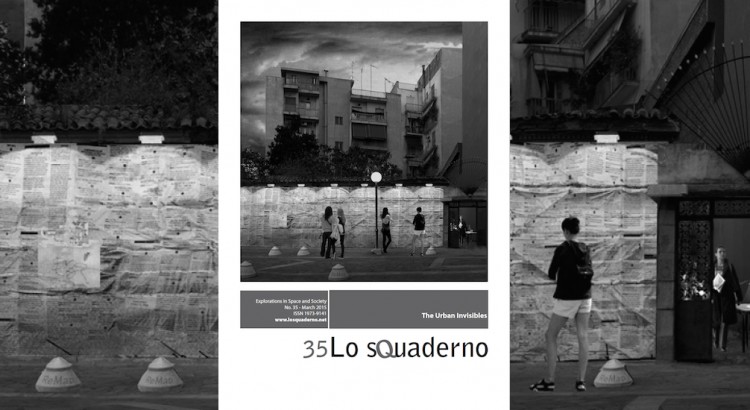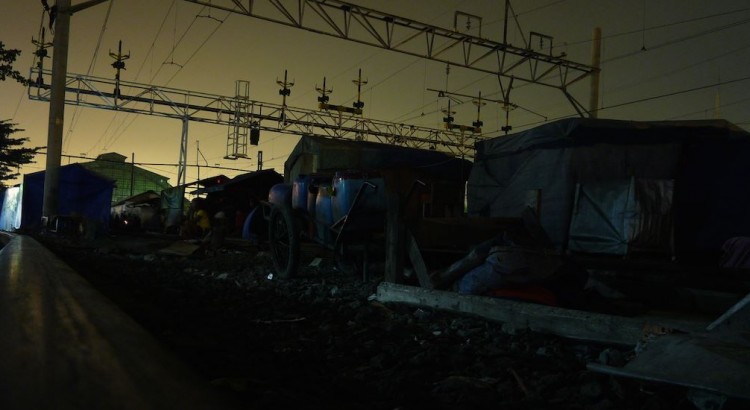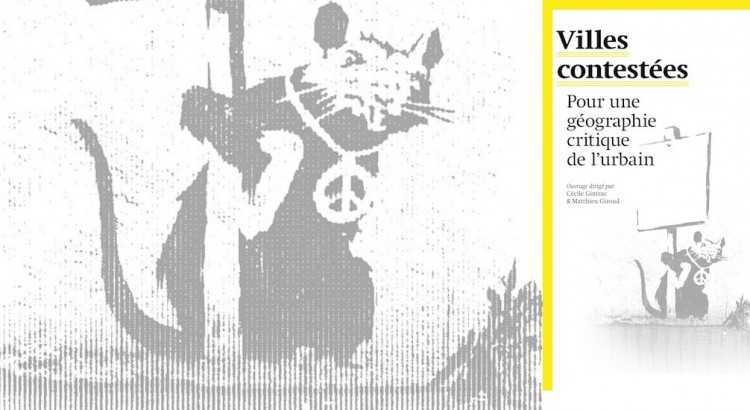Special issue of L’Espace politique, online journal of political geography and geopolitics, edited by S. Jacquot, A. Sierra and J. Tadié. Submissions can be in French or English. More information here.
Hands Over the City, Chinatown, The Elite Squad… these and many other films depict the influence of informal or even illegal practices in cities such as Naples, Los Angeles or Rio de Janeiro. Beyond the symbolic dimension of these cities, these include informal ways of urban governance, which emerge together with the diversity of power controls. Cronyism, lack of transparency in the granting of public contracts, collusion, circulation of rumours, more or less autonomous forms of governance of neighbourhoods (such as self-management, lynching, vigilantes or control of markets by thugs), resistance (defined as mobilisation of citizens outside institutional spheres), organised racket: all of these practices can be viewed as modes of informal governance of the city. This issue of L’Espace politique aims at understanding the roles and meanings of informal practices in city governance and urban life. How does the diversity of urban power structures emerge and consolidate, in informal and sometimes illegal ways? What influence does it have on the production, administration and control of urban space?
By applying the notion of informality – which is usually encountered in economics – to the political realm, this call for proposals seeks to explore the importance of arrangements and informal (even transgressive) practices in cities – or what we may call the other side of city governance. The notion of political informality extends beyond the reference to the legal framework and to its transgression. It points more broadly to common social norms in relation with power structures. Thus, political informality encompasses the “forms, practices, activities and expressions which, because they are not benefiting from recognition and legitimacy from the prescribers and most influential agents of the field, are ‘rejected’ outside of this field even though they partake, fully or incidentally, in its constitution” (Le Gall, Offerlé and Ploux, 2012, p.16).
From this perspective, informality calls for another type of approach to the analysis of public policies, moving away from the usual perspectives, which tend to only take into account official and visible policies (participative programs, decentralisation). We need to consider implicit underlying practices such as corruption or clientelism for example. In the practice of power and governance, informality invites us to take into account ‘political’ dynamics outside or beyond overt practices.
Questioning political informality also implies that we analyse the structure of urban power: its diversity, its everyday forms, its articulations and visibility, as well as the mechanisms, which legitimise it. Such an inquiry can focus on the residents, the leaders, the political or economic elites of a city, whether they interact or not. What are the conditions for informal practices to become possible? What are the arrangements, margins of tolerance or circumventing strategies that characterize them? Are informal power centres articulated on the official forms of government (the State, decentralised powers, dominant local coalitions, etc.)? What relationships do they entertain with one another? Do they build alliances? Are they autonomous? Do they compete with one another? Are they related or disconnected? Are they at the source of urban differentiation? In other words, does political informality produce new power structures and new regimes of spatial ordering?
The aim here is not to oppose, in a binary way, a dominant legal sphere to subjects characterised by their informal political practice. We wish rather to identify the modalities of the construction of political spaces – if not of politics – either on the margins of urban intervention – when informal actors play a political game in order to reach specific urban goals – or in the practice of everyday city governance. City residents with few resources or little access to the dominating spheres, intermediary social groups as well as elites, are all concerned with political informality. Through their original articulation with urban space, their arrangements transform the fabric of the city.
This special issue is at the junction of two academic traditions: urban studies – which often focus on official policies and dynamics – and the studies on informality – which are too often restricted to the cities of the global South and to the fields of economy or crime studies. We encourage contributions based on fieldwork in cities, which will be the basis for comparison between several local case studies. They can relate to the following topics (this list is non-exhaustive and with overlapping boundaries):
1. Political informality, everyday practices and the meaning of law in the city: proposals can examine the ways in which laws and rules are interpreted and transgressed in the everyday governance of the city. They can analyse how neglecting or circumventing those rules leads to reshape them (through favours, cronyism, nepotism, corruption…), as well as the roles and attitudes of the actors involved (public authorities, private actors, businesses, lobbies, mafias, city dwellers…).
2. Political informality and urban governance: can urban governance be analysed through the lens of political informality? How do groups of residents, coalitions of public or private actors or political parties emerge and maintain themselves? Does the State itself use informal repertoires in urban governance?
3. Political informality and the resistance of residents: beyond the spheres of institutionalised mobilisation and political contestation, what are the informal practices contesting established urban power structures? What are the repertoires of political action for the residents deprived of recognised political rights?
4. Spaces of informal organisation: certain spaces are governed through informal practices, by alternative, and sometimes criminal, structures. How do they maintain themselves? What are their relationships – if any – with the State or the government? How do they build their legitimacy or make themselves accepted by the residents?
5 The role of practical knowledge: what types of knowledge are used in the conduct of informal arrangements or the circumvention of rules? How are rumours, legends, etc. articulated on political informality?
6. Arrangements and temporality: are there favourable moments or privileged spaces in the constitution, negotiation, conduct or contestation of such arrangements? As they are based on different contexts and representations of the city, as well as on sometimes ephemeral networks, how can they be stabilized and become permanent?
Contributions should be sent to Sébastien Jacquot (sebastien.jacquot@univ-paris1.fr), Alexis Sierra (a.alexis.sierra@gmail.com) and Jérôme Tadié (jerome.tadie@ird.fr) before January 15, 2016. Please send us for December 15, 2015 an abstract of the intended article.
